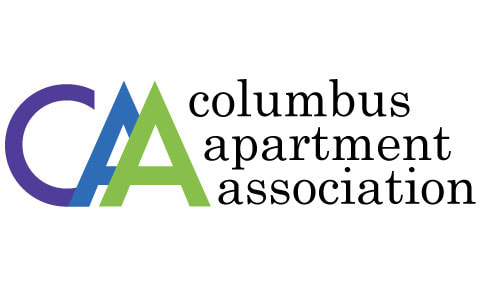Dollar of Rent Research
NAA released an exciting new update to the Dollar of Rent research, which for the first time includes data for 37 states plus the District of Columbia alongside the national averages. The main webpage houses the national data and includes links to individual webpages displaying the state level data and unique, customized state one-pagers.
https://www.naahq.org/ohio-where-does-1-rent-go
https://www.naahq.org/ohio-where-does-1-rent-go
American Families Plan
american_families_plan_4-28-21.pdf
The President spoke to a joint session of Congress where he focused on many of the big picture items he seeks to accomplish this year. A central piece of this is his “American Families Plan,” which includes things like universal preschool; two years of free community college; federal support for child care; national paid family and medical leave and more. This would be accompanied by both tax cuts and tax increases. In the latter category, high-income earners and increased enforcement are central focuses, however, there are a number of other tax provisions of specific concern to the apartment industry, including:
NAA is working with our colleagues in real estate to analyze this plan and plot out our advocacy strategy going forward. At this level of tax increase, it seems unlikely that any bipartisan compromise will be reached and thus budget reconciliation will have to be the method by which this package, in whatever form it takes, is passed. That means moderate Democrats in the Senate and House will be critical to our efforts. There are already signs that the Democratic caucus is not entirely in lock-step over these proposals so this may be the most extreme point from which the negotiations move back. It will be very important for NAA members to share with us the impacts of these proposals so that we can communicate this to Capitol Hill. Stay tuned for more on that.
The President spoke to a joint session of Congress where he focused on many of the big picture items he seeks to accomplish this year. A central piece of this is his “American Families Plan,” which includes things like universal preschool; two years of free community college; federal support for child care; national paid family and medical leave and more. This would be accompanied by both tax cuts and tax increases. In the latter category, high-income earners and increased enforcement are central focuses, however, there are a number of other tax provisions of specific concern to the apartment industry, including:
- Individual Tax Rates: increase to 39.6% the top tax rate for ordinary income.
- Capital Gains: increase the rate to 39.6% for those making over $1 million.
- 1031 Like-kind Exchanges: limit the tax deferral amount to $500,000.
- Estate Tax: eliminate stepped-up basis for gains over $1 million ($2.5 million per couple) and tax the gains if the property is not donated to charity. Family-owned businesses would receive some protection if the heirs to the business continue to operate it.
- Carried Interest: tax as ordinary income.
- Pass-thru Loss Deductibility: make permanent section 461(l) that restricts the deductibility of active pass-through business losses to $250K/$500K.
NAA is working with our colleagues in real estate to analyze this plan and plot out our advocacy strategy going forward. At this level of tax increase, it seems unlikely that any bipartisan compromise will be reached and thus budget reconciliation will have to be the method by which this package, in whatever form it takes, is passed. That means moderate Democrats in the Senate and House will be critical to our efforts. There are already signs that the Democratic caucus is not entirely in lock-step over these proposals so this may be the most extreme point from which the negotiations move back. It will be very important for NAA members to share with us the impacts of these proposals so that we can communicate this to Capitol Hill. Stay tuned for more on that.

